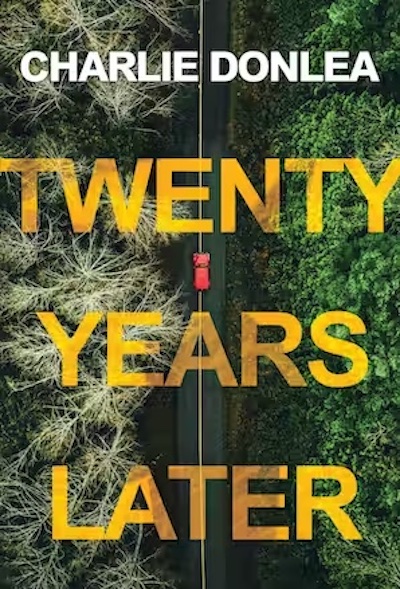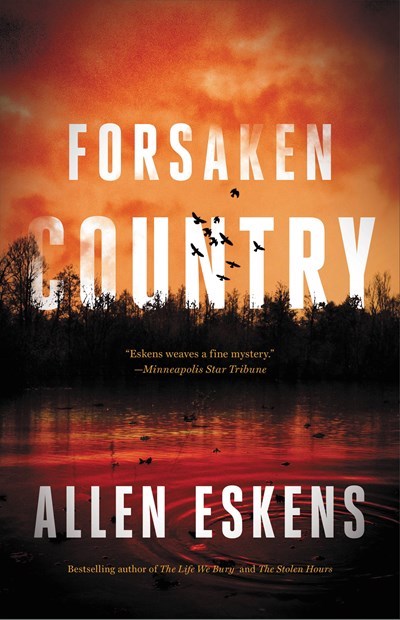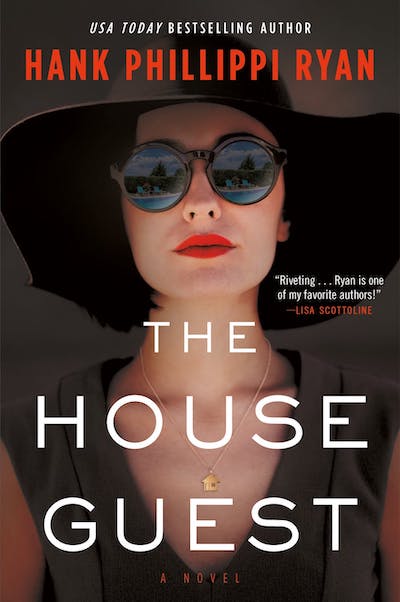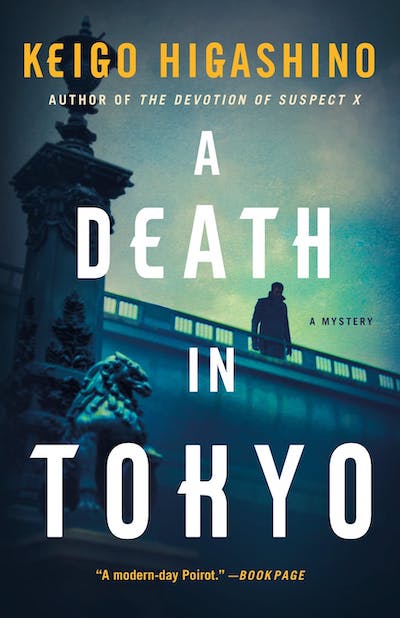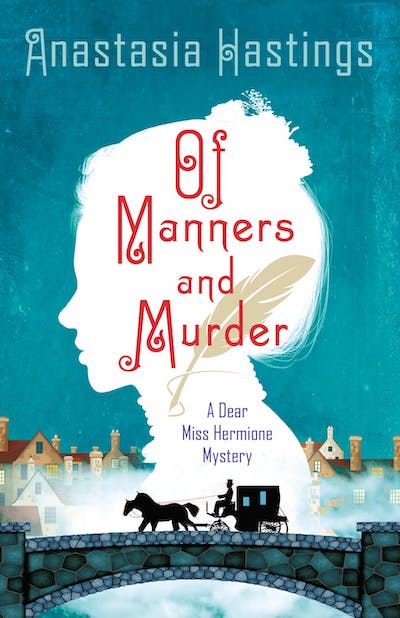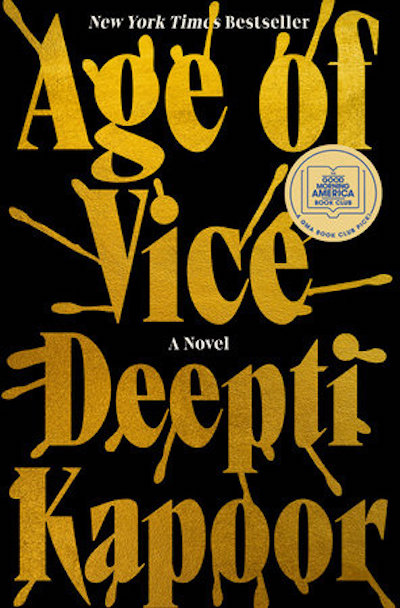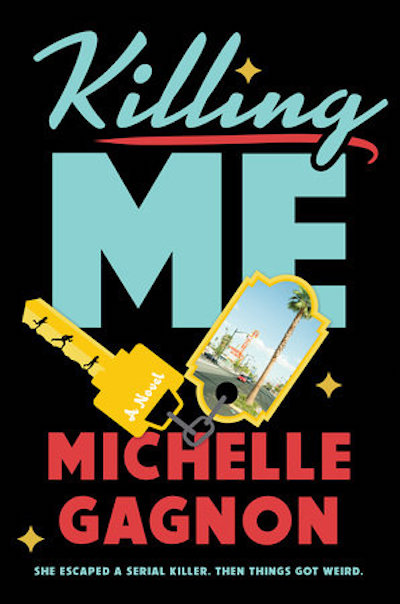Crimes and investigators that could not be more different collide in Donlea’s immersive thriller. The first crime is the obscure possible suicide, possible murder of a man who’s found hanging off his balcony in the Catskills area of upstate New York on July 15, 2001, and the other the murder of thousands in downtown New York City 27 days later. The investigators are Avery Mason, a glamorous, up-and-coming TV journalist and Walt Jenkins, a burned-out, former FBI agent who’s now living in Jamaica and steadily becoming an expert on rum. Fate brings the crimes and sleuths together when, twenty years later, a stunned medical examiner finds a match to a body part from the wreckage of the World Trade Center. It’s from a woman who was under investigation for the killing of the hanged man, and Walt, who investigated that hanging in 2001, and Avery, who’s breaking the story of the 9/11 victim and hoping to prove the woman’s innocence, are pushed together (not exactly against their will, it turns out) to get to the bottom of the decades-old case. There are many twists here, both in the backgrounds of the characters and in the secrets that are revealed. The tragedy of 9/11 is not taken lightly, rather it forms a fittingly sober backdrop to the torment faced by the characters in the past and today. For a readalike, try a series character who on the surface is nothing like Walt Jenkins, but who has the same kind of rock-steady kindness and intelligence: Kate Atkinson’s Jackson Brodie
Review
Living a remote, punishing existence—he even asks to have the power to his cabin switched off in the Minnesota winter—former homicide detective Max Rupert has run away from his job more than retired from it. All readers know for most of the book is that he shoved a man through a hole in a frozen lake and is living with the aftermath of that choice. But why he did it, and whether he can allow himself to rejoin society, is a mystery. On a visit to town he runs into Lyle Voight, the former sheriff who’s been voted out of the job in favor of a corrupt newbie, and the man’s daughter, Sandy, and grandson, Pip. Seeing a family gives Max an unfamiliar and slightly disturbing feeling—happiness—and he’s helplessly drawn to jump in when, shortly after, Sandy and Pip vanish suddenly from their home. Puzzlingly, all signs point toward a planned absence. Next, we meet the sinister—and I mean sinister—duo behind the disappearance, and soon the chase is on, helped by Max’s former partner, Niki Vang. This thriller does a remarkable job of contrasting evil and love throughout, in the characters’ actions and dialog as well as in Max’s inner struggle between the positive force that keeps him going and the weight of self-loathing that holds him back. The three-dimensional portrayal of Niki, a wise-cracking and kind Vietnamese American detective and love interest, is a bonus. This is one to get lost in.
More than most other kinds of mysteries, successful cozies rely on a strong community that we would like to return to and a cast of characters we would like to know more about—and Blacke’s first in this new series succeeds delightfully at both. Juni Jessup is back in Cedar River, Texas after six years in the Pacific Northwest. Laid off from her tech job and a bit homesick, she’s returned mainly to join her two sisters as partners in Sip & Spin, a record store and cafe. But at their blow-out opening party, the body of a young woman is found in the supply closet. Very dead. That’s bad enough, but she’s also clutching Uncle Calvin’s card. Calvin is arrested, the sisters put their shop up for collateral, then Calvin skips bail and disappears. This leaves the sisters with a double-headed mystery: who killed the victim and where in the world did Calvin get to? This is your sort of poke-around mystery, in which Juni bikes around town asking questions, although the way gossip flies in Cedar River, all you really need to do is stand in one place long enough and listen. But Juni’s a great storyteller, the small-town Texas-ness of it all is lots of fun, and there’s not one but two possible romances. What else could you ask for?
Alyssa, née Alice, Macallen, has changed her name and subjugated everything else about herself to please her unpleasable husband, Bill, who has left with no explanation. All Alyssa knows for sure is that he’s taking his wealth with him and she has no job and no prenup, which he insisted was unnecessary because he was going to love her forev—you know the rest. Anyway, Bill’s gone and Alyssa’s sitting in a hotel bar nursing her sorrows when she meets a woman who may be even worse off. Bree Lorrance is living at the hotel after getting away from an abusive boyfriend. She moves into Alyssa’s guest house, and soon readers and Alyssa are wondering how things have taken such a fast turn. Far from lonely and terrifying, Alyssa’s days are now taken up with helping her friend, who encounters a new tragedy that sets the women, and another player who becomes involved and moves in, on an exciting trajectory. We’re left wondering whom Alyssa can trust in her new life, if anyone. Are some of these strange new people part of Bill’s team or out to get her for some other reason? Or maybe Alyssa is making everything up and we’ve got an unreliable narrator on our hands…it’s impossible to know until Ryan brings all to a satisfying ending that readers will never see coming. The author’s fans will snap this up; it’s also a must for Liane Moriarty’s readers.
Some mysteries go deep into the lives of just a few characters. Others go wide, spreading the investigation across a community. Keigo Higashino, in his Kyoichiro Kaga police procedurals, manages to do both. Here a businessman is found dead on Tokyo’s famous Nihonbashi bridge, a knife in his chest. But he was attacked elsewhere and somehow managed to stagger to the bridge, dying beneath the statue of a kirin, a winged beast of Japanese mythology. Hours later, a young man is in a car accident nearby—he was killed trying to avoid the police—and the businessman’s wallet is found on his person. Sounds like a wrap, doesn’t it? Except we’re in the hands of Detective Kaga, and despite pressure from the higher ups, he isn’t ready to sign off on the case. Kaga investigates the lives and families of everyone involved, unpacking their secrets, holding them up to the light, seeking connections. Eventually, the narrative opens up, like one of the many origami cranes that end up being so important to the story. It’s a delight to again encounter the mysterious but brilliant Detective Kaga.
This novel should come with a warning label: start this book at your own risk. It’s that suspenseful, that seductive. We meet our hero, Morgan Faraday, running through the NYC subway to escape from Sebastian, her ex-fiancé, and two armed rent-a-cops. How does love go so wrong? We then jump to ten months ago for the backstory that answers this question. Morgan—who identifies as Black, she has North African heritage via Moorish Spain, but is often assumed to be white—escaped from a poor Pennsylvania town for NYC and art school. A textile artist, she’s struggling when she meets billionaire Sebastian Reid, the CEO of one of the world’s largest energy companies. The answer to all of Morgan’s problems? Perhaps, but sleeping with a man you don’t love and barely find attractive is still work, and even with best friend Dashawna’s how-to-marry-a-millionaire advice, Morgan remains conflicted. Marrying white men for financial security, while necessary, was never a good decision for the women in her family. Worse, once she moves in with Sebastian, she discovers that his claim that his company is going green is just a façade, and he’s still responsible for several ecological disasters, with communities of color the most adversely affected. Encouraged by an oh-so-hunky environmental activist, Morgan begins to spy on Sebastian, recording his calls and filming his meetings. It’s incredibly anxiety-producing, and readers will be madly racing to the book’s surprising conclusion. Social commentary, feminism, racism, family history, courtroom drama, plenty of suspense, and a very hot love affair all come together for one powerful read.
“The right choice can be made to seem impossible, especially for a woman on her own,” learns “spinster” Violet Manville during her work as Miss Hermione, agony aunt for A Woman’s Place magazine. The usual Miss Hermione is Violet’s actual aunt, Adelia Henrietta Georgina Tylney Manville. When the feisty lady sets off from England for the Continent with her gentleman friend, she reveals that she is the mysterious author of the popular column and helpfully sets the shocked Violet up with folders of advice that have labels such as “Comportment,” “Mourning,” and “Mothers in Law.” Violet makes the right choice for herself, breaking out of her life as the studious, ignored, half-sister of the beautiful, flighty Sephora, who has an inheritance, which for a woman in 1865 is everything. Being unmarriageable frees Violet from some of the social duties Sephora adores, allowing her to visit a young woman who wrote to Miss Hermione for help. But when Violet reaches Ivy Armstrong’s village, she finds a very different scene from what she expected, and a murder investigation is soon afoot. Further choices abound, with Hastings keeping her hero within the boundaries of what a Victorian lady can do, while showing what life is like within those strictures and what happens when a woman has her freedom of choice stolen. Readers will empathize with Violet and even with her sad, social-climbing sister, both of whom are doing their best with what life’s dished out. Funny at times, this series debut is also an adventurous and thoughtful look at a time when women’s lives were on the brink of change. And it’s a puzzling whodunit to boot.
The supposed hero of this book is Captain Edward Heywoud, a paragon of colonial manliness who “[trails] ambition and resolve.” For years, he’s climbed the world’s highest peaks, sometimes with his photographer wife, Viola Colfax. Now, in 1910, he and long-time climbing companion James Watts and several other hardy men and their sled dogs are tackling the ultimate challenge: to reach the South Pole. And not just make it there, but do so before a Norwegian expedition claims the glory for its king rather than England’s. In a parallel struggle is Viola, who also isn’t the book’s hero, fascinating though she is. She’s in love with Edward, although he disapproves of many of her activities and is fond of telling her what she will do, but she also loves the gentler James, and the two are having an affair. While the men are away—a voyage chronicled in gripping and often horrible detail by author Lazaridis—Viola takes on the challenge of documenting the suffragette movement, a project interrupted when the men return and their photographs lead her to think their triumph is a fraud. As to the hero here, it’s not a particular person but the bodies described in this gorgeous and devastating work: James’s and Edward’s in Antarctica as they compare the calories they use against the remaining food and end up eating their dogs; the hunger-striking suffragettes, whose emaciated, police-battered bodies feature in a fascinating project by Viola; the steadfast figure of Mary, Edward and Viola’s maid, who indirectly makes the expeditions possible but is taken for granted by the family; and the body of the Earth, which tries to kill the men even as it enables their fame. The frustrating, brilliant Viola is one of my favorite characters, and this book one of my favorite reads, in a long time.
A bold, ambitious, and sprawling work that can only be described as Dickensian, so rich is it in socioeconomic observation, unforgettable characters, sentimentality and violence in equal measure, and, of course, the pleasure of plot. Like any good epic, the novel opens in media res, at a horrific auto crash that kills five homeless people. Behind the Mercedes’ wheel is Ajay, loyal servant to Sunny, an enormously wealthy playboy whose riches protects him from any retribution. But Ajay, of course, wasn’t driving the car, he’s a mere prop positioned to take the fall. How did he end up here? The novel heads back to Ajay at age eight, when he was sold into servitude, his eventual meeting with Sunny in the Punjab mountains, and the move to New Delhi, where he emerges as Sunny’s servant, drug dealer, chef, and bodyguard. Here the narrative jumps to Sunny, still obsessed with his gangster father, whose corruption and violence he wants to transcend while continuously finding himself enmeshed in it. Only his lover Neda, a journalist whose passion for Sunny is outweighed by his immorality, can seemingly reach through to him. As the novel moves among these three characters, all pushed to their very edges, readers are left to wonder whether anyone will escape alive. Brilliant and engrossing, terrifying and heartbreaking, this is one of the best books of the year. Happy to follow these characters anywhere, I can only hope this is the first in a trilogy.
Ever feel like you’ve lost your reading mojo? Spending too much time consuming mediocre series on Netflix? Then this fun, female-driven narrative featuring a grifter/psych student, a terrifying serial killer, a cool and elegant femme fatale, and a handful of Las Vegas ladies is sure to get you back into the reading groove. A serial killer is stalking Amber’s college campus, and despite all her street smarts he manages to kidnap her, dragging her off to his lair. Just when things start to get serious, Amber is liberated by this cool and aloof woman who promptly disappears. But when the cops, and then the FBI, show up, Amber gets jittery—she and law enforcement don’t mix—so she heads out of town, randomly picking Vegas. It would be foolhardy to try to summarize this story; it’s got more twists and turns than the Tour de France. Let’s just say that Amber’s voice—witty with a side of snark—is just everything, the dialogue is pumping, and the characters are, strangely enough, completely credible. And how refreshing is it to read a thriller without any male leads? Turns out you don’t miss them at all. An absolute delight from beginning to end.

